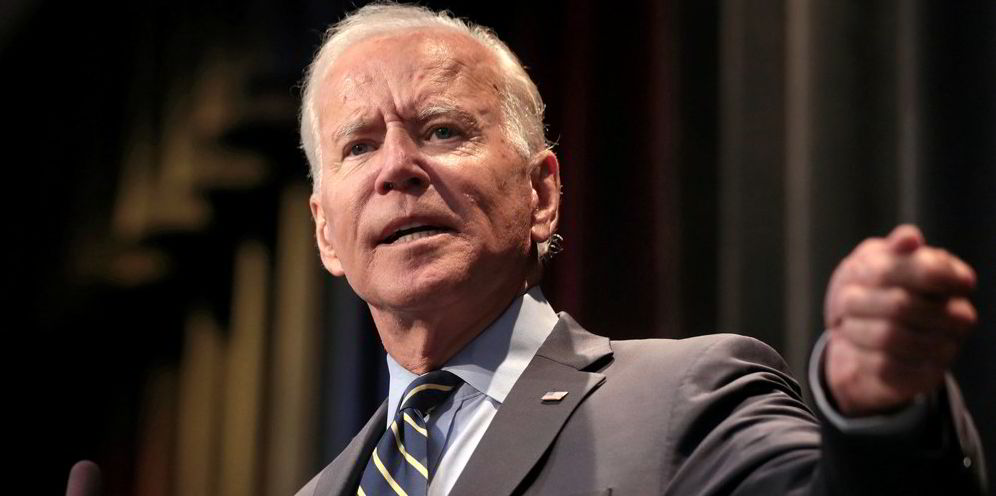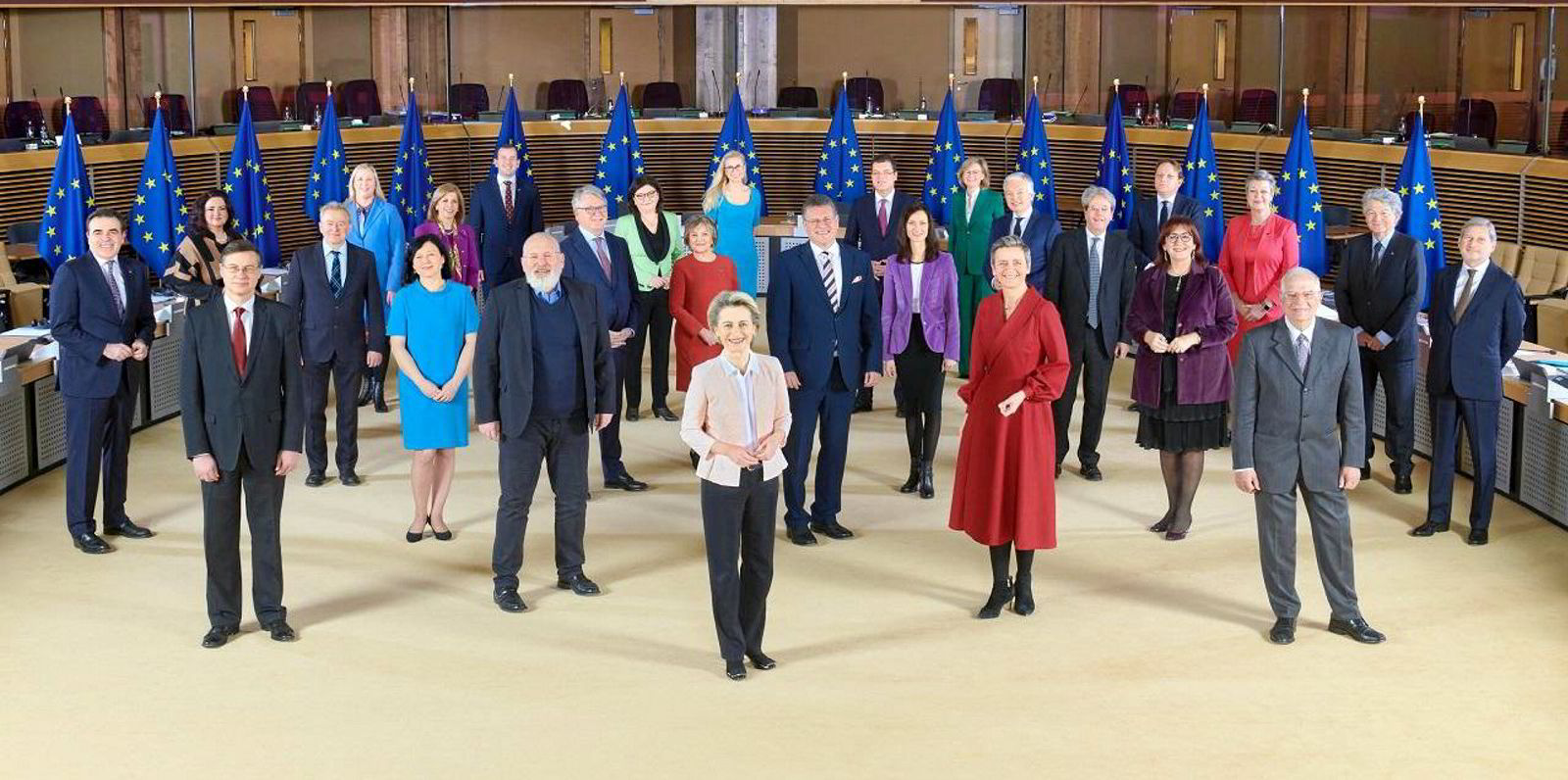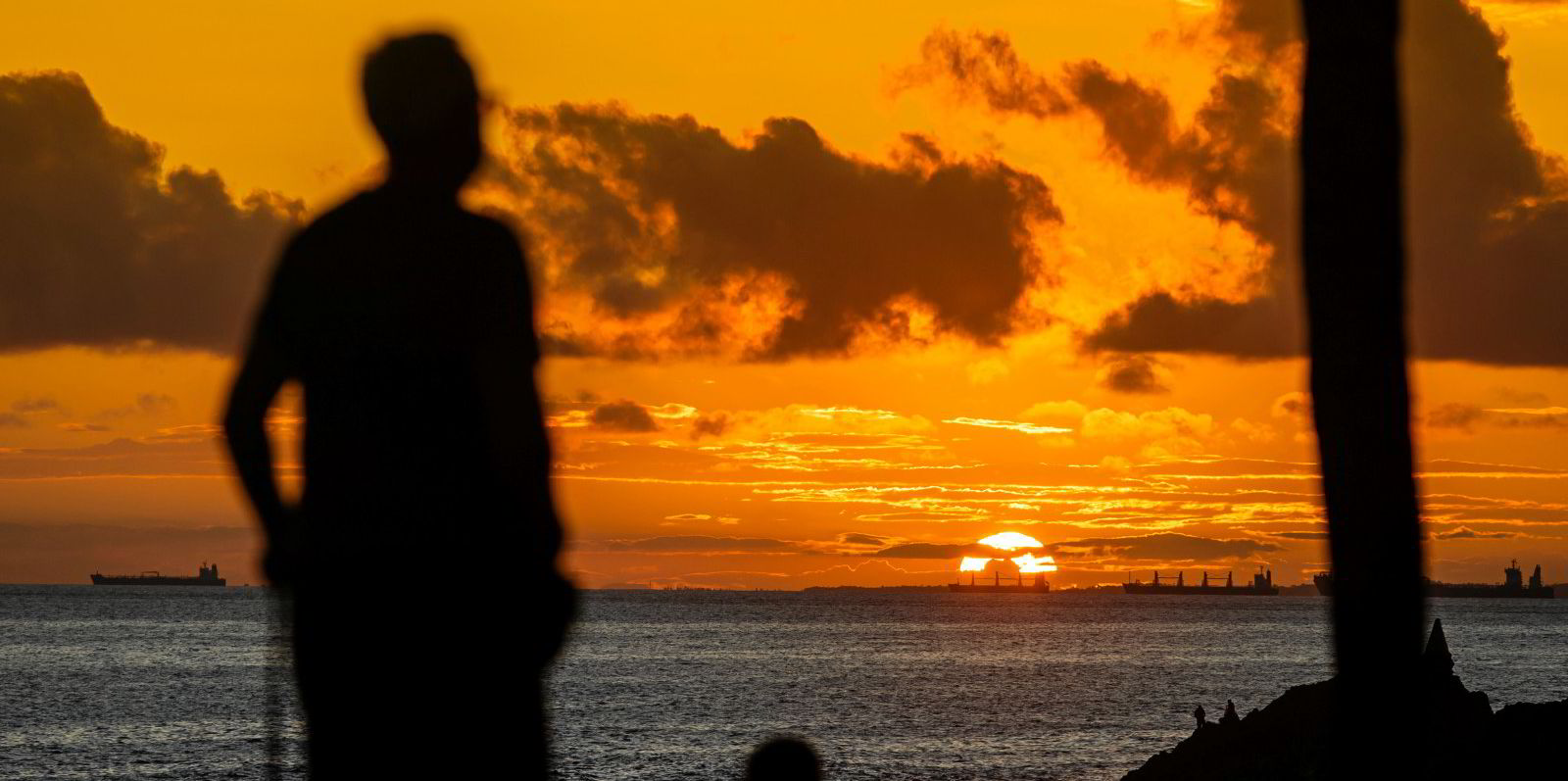The US government's next opportunity to push for deeper emissions cuts in shipping might not come for two more years.
With a deadlock in the Senate and the complications that come with unilateral action on the international stage, the US might have to wait until the 40%-by-2030 emissions cuts are revisited by the International Maritime Organization in 2023.
"It’s really hard to do things, including taxation, that are really effective in terms of the international environment,” said James Sartucci, government affairs counsellor at law firm K&L Gates. “It tends not to be 100% effective if it's done unilaterally.”
The US and the European Union wanted the IMO to go deeper at the latest Marine Environment Protection Committee meeting, but the regulator chose to hold to the 40% target by 2030.
The US, under new President Joe Biden, said it wants the shipping industry to make deeper cuts, such as net or absolute zero by 2050.
The failure to secure deeper cuts leaves the US to act alone, as the EU is already doing by adding shipping to its Emissions Trading System (ETS).
A likely candidate would be a tax on ship emissions, Sartucci said, but that would require congressional approval made difficult with the 50:50 split between Republicans and Democrats in the Senate.
"It's very hard, especially since they're struggling to come up with agreements that all 50 Democratic senators can agree to," he said.
Should all 50 Democratic senators agree to a measure, it would pass with vice president Kamala Harris casting the tiebreaking vote.
"It does seem to me that it’d be a real challenge for them to come up with a shipping carbon tax arrangement in the current legislative environment," Sartucci said. "Not impossible, but really, really difficult."
That leaves, he said, the planned 2023 review of the IMO's decarbonisation strategy as the next opportunity the US has to press for deeper cuts.
'Wrong trajectory'

Should it act unilaterally, Washington has had influence in the past, said International Council on Clean Transportation maritime lead Bryan Comer.
After the Exxon Valdez oil spill in Alaska in 1989, the US mandated that all tankers calling on its ports be double-hulled, a rule the IMO was already considering.
"That rule that the US implemented ended up spurring action at IMO," Comer said.
He also suggested the US could implement a countrywide version of California's at-berth rules, which require emissions reductions for ships docked at the state's busiest ports.
Comer, whose organisation advises policymakers on transport issues, said the US should follow in European footsteps. The EU, he said, has already made moves to mandate monitoring, reporting and verifying emissions, a first step to including shipping in the ETS.
If the US wants to do something similar, he suggested it could include Canada and Mexico.
The decision to stick with the 40% reduction by 2030 is "no different than business as usual", Comer added.
"We found ... between 2012 and 2018, emissions grew 10% and we expect them to grow another 16% this decade. We're on the wrong trajectory. That's pretty disappointing," he said.






